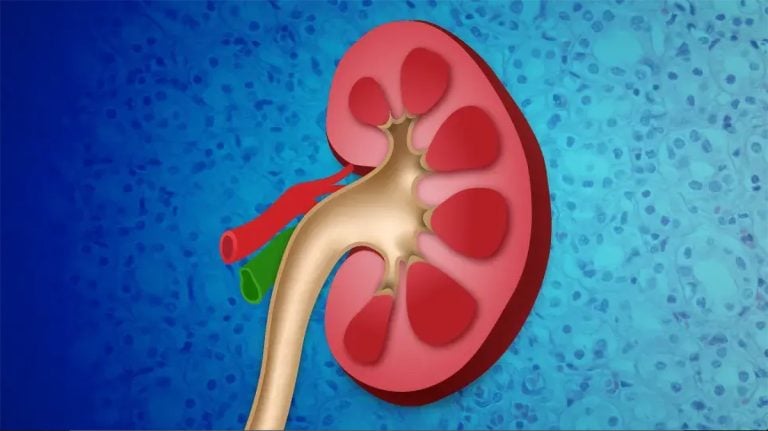Researchers at the National Institutes of Health (NIH) have made a groundbreaking discovery, identifying a significant genetic risk factor for kidney disease in individuals from Ghana and Nigeria.
Key Findings:
- Carrying one risk variant of the APOL1 gene increases kidney disease risk by 18%.
- Two risk variants increase the risk by 25%.
- Nearly one-third of individuals in Ghana and Nigeria carry APOL1 risk variants.
- APOL1 variants are associated with focal segmental glomerulosclerosis, a rare kidney condition.
The Study:
Conducted by the Human Heredity and Health in Africa (H3Africa) Kidney Disease Research Network, the study involved over 8,000 participants from Ghana and Nigeria.
Implications:
- Earlier health interventions for individuals of West African ancestry.
- Better understanding of APOL1 variants’ effects on kidney disease risk.
- Informing risk assessment for kidney disease in African Americans.
Expert Insights:
“Studying diverse populations is crucial for equitable genomic medicine,” says Dr. Adebowale A. Adeyemo, deputy director and chief scientific officer at NIH’s National Human Genome Research Institute.
Broader Implications:
- Over 37 million Americans have chronic kidney disease.
- African American, Hispanic American, and Native American populations are disproportionately affected.
- Genetic and environmental factors contribute to kidney disease risk.
Call to Action:
- Increased awareness of kidney disease risk among West Africans and African Americans.
- Genetic testing and early interventions for at-risk individuals.
- Continued research into genetic and environmental factors contributing to kidney disease.
Sources:
- National Human Genome Research Institute (NHGRI)
- National Institutes of Health (NIH)
- New England Journal of Medicine
Related Articles:
- “Genetic Breakthroughs in Kidney Disease Research”
- “The Importance of Diversity in Genomic Medicine”
- “Kidney Disease Awareness: Risk Factors and Prevention”
Share Your Thoughts:
How can we promote genetic awareness and early interventions for kidney disease? Share your thoughts in the comments below!

















